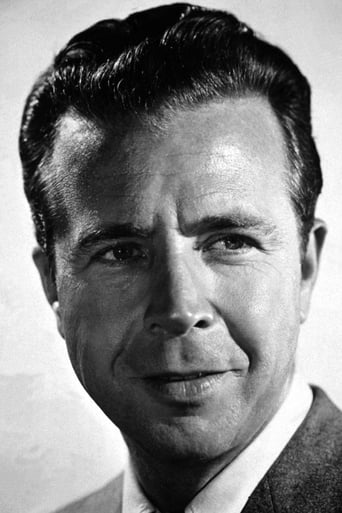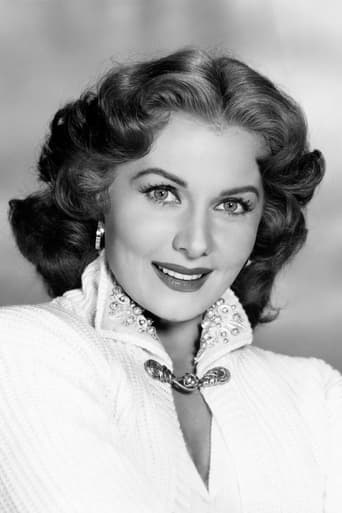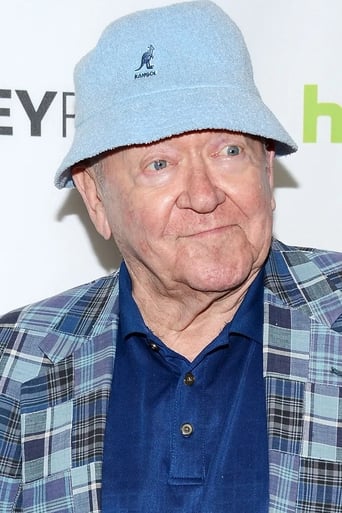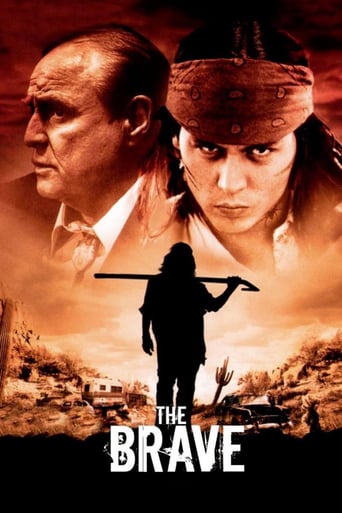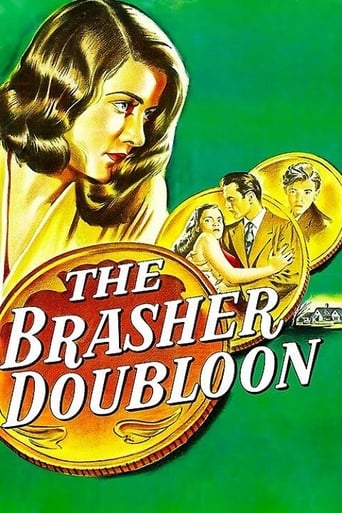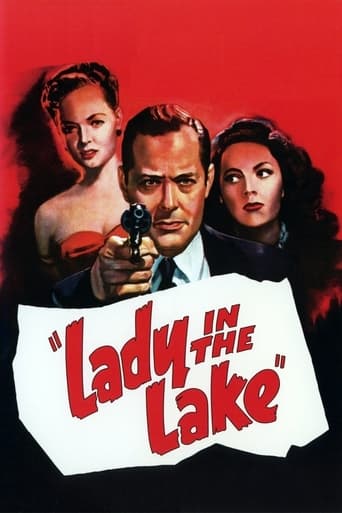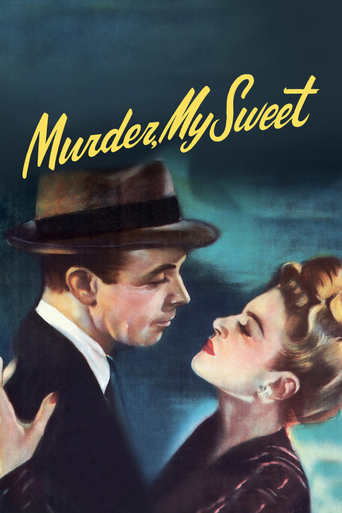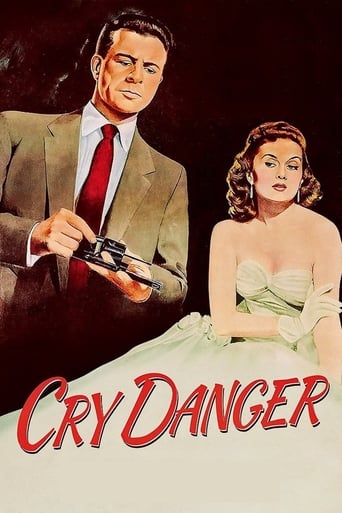
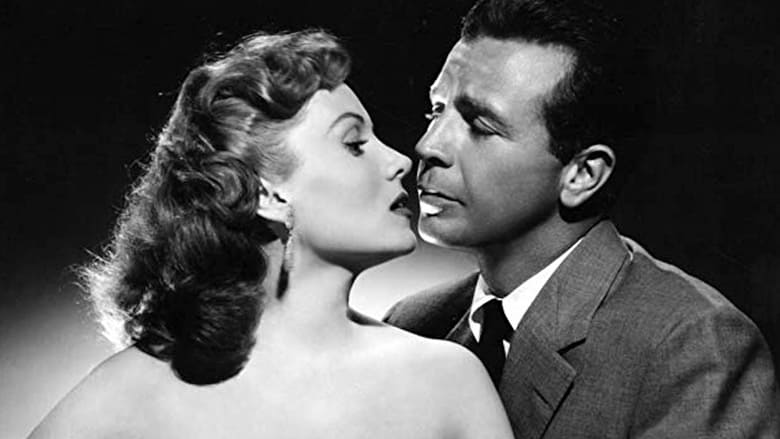
Cry Danger (1951)
After serving five years of a life sentence, Rocky Mulloy hopes to clear his friend who's still in prison for the same crime.
Watch Trailer
Cast
Similar titles
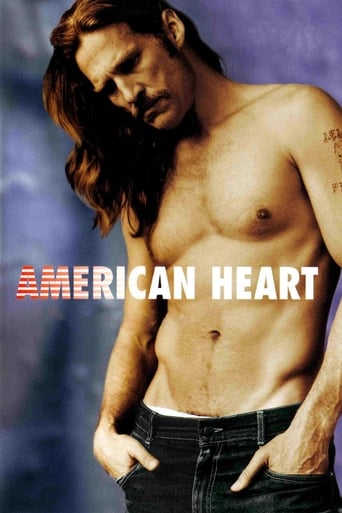
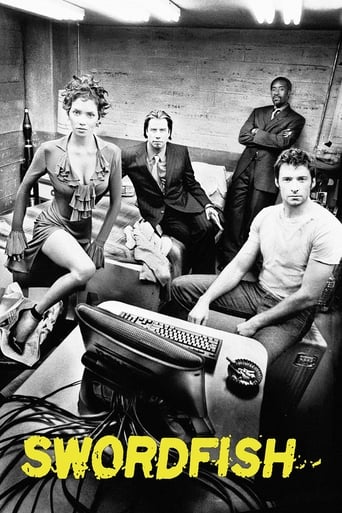
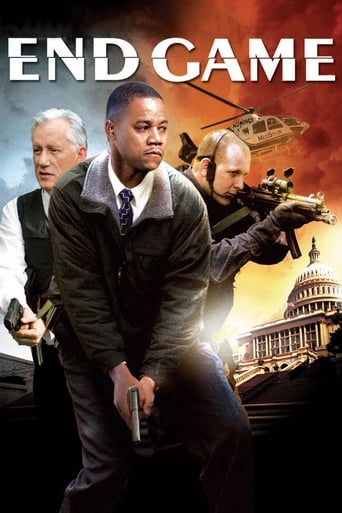
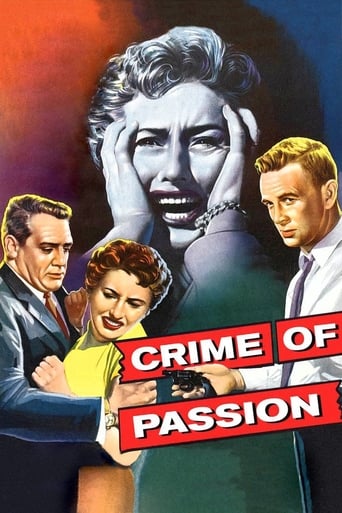
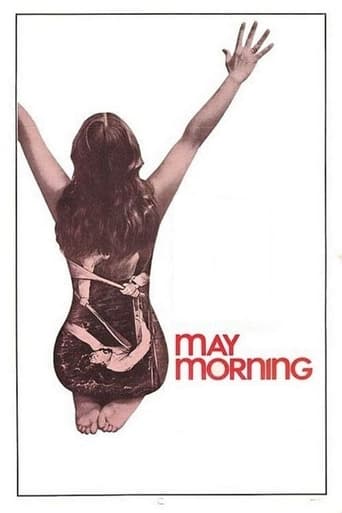
Reviews
You won't be disappointed!
A Major Disappointment
There's no way I can possibly love it entirely but I just think its ridiculously bad, but enjoyable at the same time.
One of the film's great tricks is that, for a time, you think it will go down a rabbit hole of unrealistic glorification.
Rocky, DeLong, Castro, Cobb, Nancy, and Danny - they all want the money. It's not about revenge or settling old scores. In 2018, $50K doesn't sound like a big enough incentive to spend 10 years in prison, like Danny is willing to do, but that must have been a lot in 1950. As Nancy says, it's enough to take her and Rocky to the ends of the earth. But the bills are marked, so how are Danny and Nancy going to spend them? Lot's of other plot holes, but none of them matter. From the opening credits overlaid with a passenger train racing to L.A., this is a terrific movie. Everything about it is perfect. I love it.
Dick Powell makes it all make sense and has the ability to carry movie well. He speaks straight to the point, is fearless, can take a beating and there is a part of him when in character that no matter what he does you still like him. That is demonstrated well in this movie. Notice the Los Angeles backdrops capturing sights and sounds from over a half century ago. Good strong supporting cast and remember that the amounts of money talked about in this movie is enough to live comfortably on for the rest of your life in style so apply that thinking when you hear the amounts. did I mention it is a decent thriller/drama? In the fifties, they had a way of getting right to the point regardless of the subject matter. From renting a room, taking a cab or ordering a drink, its done without dragging it out. Also, notice the 4 women portrayed in this movie and how they act out wanting to give themselves over to you if they like you again another trait held over from the 40's and 1950's. Enjoy also seeing how much power the police had. They can detain you or lock you up and everything in between. You don't mistreat them or its curtains to be sure. I also enjoyed that little trailer park in downtown L.A. with the views probably condos today. Hey, sit back, relax and you wont cry danger you just might....
Cry Danger (1951)Humphrey Bogart smiles. Robert Mitchum smiles. Lots of tough film noir types also show a grin or manage a laugh. But not Dick Powell. Forever grim and determined, he is a the archetype of an unhappy man, and usually, as in "Cry Danger," he's out to fix some problem.This is a Dick Powell movie all the way, and a really good one. There are some great secondary characters, especially the mob leader William Conrad and a suspicious and wise-cracking Marine sidekick played by Richard Erdman. And the plot is good, if twisting slightly and improbable at times. It's also a somewhat cheaply made affair, with a car crash that won't convince a child, and some sets that show their seams. But hey, who cares? It barrels along and stern stiff unflappable Powell (his name is Rocky Mulloy in the movie) won't be stopped, even by love, even by duplicity. And certainly not by cops who should have arrested him several times for his liberties while on parole.This is director Robert Parrish's first film, and he didn't really direct much later of note except, in 1966, a couple scenes in "Casino Royale." Between the two he did a bunch of so-so westerns. William Conrad, who is thirty at the time of filming here, went on to be television's "Cannon" and "Jake and the Fat Man," but he appeared in a bunch of these B-list noirs and is good every time. The leading woman is a simple type, and good enough at it, but her most memorable role is in "Spiral Staircase," a couple years earlier (definitely see that one). She, too, like half of Hollywood, drifted to t.v. by 1960. Powell's career is interesting, and his last big role before moving to television himself was in "The Bad and the Beautiful," just a year later. He is never quite a distinctive leading man, and I'm guessing he thought of this as just bread and butter work, but he gives it his usual steely best, and holds the movie together. The other leading character has to be 1950 L.A., without the glamour. Every scene is gritty and real, night and day, and it's yet another sign of end of the studio system and the rise of t.v., with all the location shooting. A fast, fun one, well filmed.
The screenplay of this first rate film noir was written by William Bowers (1916-1987), from an original story by Jerome Cady. We must therefore assume that the fantastic number of gags in this script were from Bowers, unless he hired a team of inspired gag-writers to insert them. Bowers was to enjoy a continued association for some time with both Dick Powell, for whom he wrote SPLIT SECOND (1953), and Robert Parrish, whose ostensible first directorial effort this was. Jean Porter, who appears in this film as Darlene, claimed in an interview in later life that this film was really directed by Dick Powell himself, but that he allowed Robert Parrish to take the credit. Parrish was noted as an editor at that time, but he is not credited as Editor of this film. Instead, Bernard W. Burton, a long-established editor, is credited as 'Editorial Supervisor'. So what happened? With Parrish otherwise uncredited, was he first assistant director or, as is more likely, Editor, with Burton lending his name to cover that category so that Powell could give Parrish his first directorial credit? Powell later did become a director, but there may be reasons why he wanted first to try his spurs anonymously in this fashion. The question of the script is also a mystery worthy of a film noir, because I have never seen a film noir with so many outstanding one-liners, all delivered in a droll and hard-boiled manner by the excellent cast. There are so many of these gags that it sometimes seems as if half of the film's dialogue consists of them, or as if the Marx Brothers had been at work in the back room. From that point of view alone, this film is worthy of classic status, as perhaps the wittiest film noir ever made. But was William Bowers alone really capable of this? Well, never mind, on to other things. Here Dick Powell is perfect for his part: dry, never smiling, never sentimental, determined, and he lacks the annoying and surly jowliness he sometimes showed in other films, such as CORNERED (1945, see my review where I criticize this). Despite his evident lack of any visible sense of humour, Powell delivers his gag lines with impeccable aplomb, as if they were ripe plums dropping from a tree, plop plop plop for 80 minutes non-stop. He never gives the slightest flicker of recognition of the fact that he has just made a witticism. He cracks one-liners like cows eat grass, relentlessly and without stopping for breath. The great surprise performance in this fabulous film is by Richard Erdman, who delivers his one-liners with even greater skill, and even more superb drollery. At first one fears that Erdman is not a very good actor, because he appears to be too natural. Then we realize that he is playing a part where he is not what he at first pretends to be, and that by pretending to be natural he is not being natural, but when he finally does become natural it all comes naturally. As Powell says when asked what it was like having just spent five years in prison on a false charge: 'Five years? You could do that just sitting around.' So they are all so laid back they are horizontal, and some of that takes place too, of both kinds, I mean the kind where the broad is a real knock-out, and the kind where you are knocked out. Yes, there are tough guys around, and William Conrad is a really ominous villain named Castro (no, they don't succeed in killing off this Castro either). The glamour puss is the amazing Rhonda Fleming. Watch out! Rhonda is at it again! She starts out sweet, but we begin bit by bit to realize we have a serious femme fatale here, one who covers her arsenic with marshmallows. Try sucking it and see. She is such a sweetie, just so wonderful, just so loving, but then again, is the heart of her so rotten that she doesn't even know that bad is bad, that crime is crime, that betrayal is well, what's a little betrayal after all when there's real money in it? She's the kind of gal who says 'I love you' in between mental calculations of the share of a robbery, where each kiss is costed out as if by a corporate accountant. Lawyers charge by the hour, but she charges by the second, which sometimes measures just how long people may have to live if they get between her and the dough. But that's film noir!
